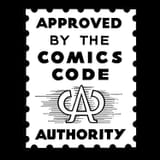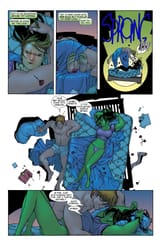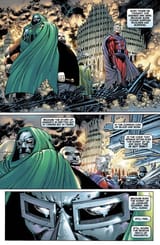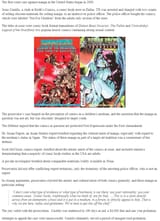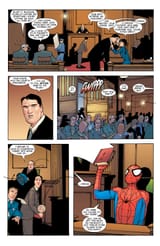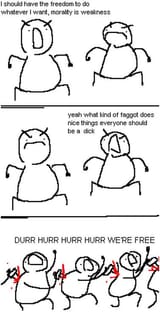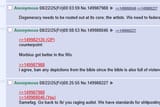>>149989118
>you could also point to the shift to comic book shops rather than newsstands
Newsstands made up a percentage of comics sales but so did various types of shop. The problem with newsstand system is they tended to get central distribution orders so orders were super unreliable in how many you got per stand. Comics had a low profit margins so they weren't bothered in specific ordering. Then, comics weren't returned if they were unsold, they sent back ripped covers or eventually nothing at all. It was found these unsold comics were being resold without passing profits on. Now the issue is that the information around sales would form the basis of print runs, but because the information was inaccurate this would lead to issues getting your comic or you'd get a comic with a ripped cover. So this distribution system was unreliable and bad for everyone except the resellers.
The first direct market and the movement towards comic book shops saved the industry because the orders balanced risk. Shops wouldn't return unsold books but got better bulk discounts, consumers reliably got their books of a better quality without ripped covers and orders were genuinely more accurate for print purposes.
Part of the crash was companies buying distributors like mad and over leveraging their financial positions in such a way. Post crash the Diamond distribution monopoly is the only thing that kept comics going and investigations into it's monopoly concluded as such.
Of course this entrenched model has prevented comics from growing but the only alternative is the book market. One writer has stated that creators at the big two purposefully want to crash the comic book shop system simply because they know their crap books would do better in the book market languishing on shelves and only selling a few thousand copies. These expectations, metrics and market would better suit them, even if it would make comics even more irrelevant.
